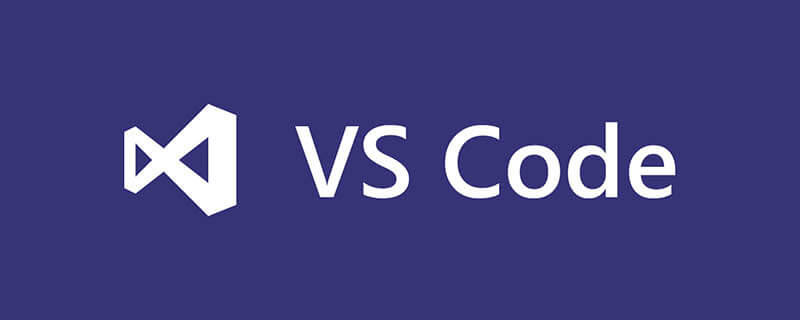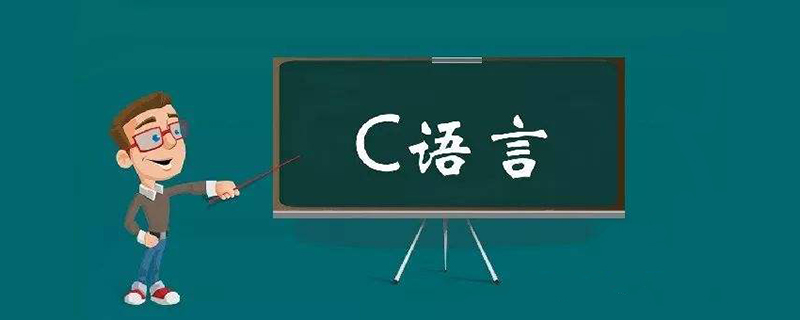Guide to finding errors in C language code: Compiler Errors: Use compiler error messages to identify and correct errors in source code. Run-time errors: Use a debugger or logging to diagnose illegal memory accesses, arithmetic errors, and other execution-time issues. Logic Errors: Carefully review the code and use test cases to find differences between expected and actual behavior, such as uninitialized variables, bounds check errors, and loop termination condition errors. Tools and Techniques: Use compilers, IDEs, debuggers, testing frameworks, and logging to find and resolve errors. Good programming practices: Follow appropriate naming conventions, add comments, and unit test your code to minimize errors.

Guide to finding errors in C language code
Finding errors in C language is a basic skill for anyone It is essential for programmers. By using some helpful techniques and tools, errors in your code can be found and resolved quickly and efficiently.
1. Compiler errors
Compiler errors are the most common type of errors in C language code. They occur when the compiler tries to convert code into machine code. Compiler errors usually provide clear error messages indicating problems in the source code. To resolve these errors, carefully examine the error message and modify the corresponding line of code.
2. Run-time errors
Run-time errors occur when the program is running. These errors are usually caused by illegal memory accesses, arithmetic errors, or other execution-time problems. Runtime errors can be difficult to diagnose because the compiler cannot detect them.
The following are some common types of runtime errors:
- Segmentation Fault: Attempt to access an invalid memory address.
- Bus Error: Hardware error, such as trying to access a non-existent device.
- Floating Point Error: The arithmetic operation exceeds the range of floating point numbers.
To diagnose runtime errors, you can add log messages to your program using a debugger (such as GDB) or print statements.
3. Logical errors
Logical errors are the most difficult type of errors to find. They are bugs in your code that cause expected behavior to differ from actual behavior. Logic errors usually require careful inspection of the code and the use of test cases to find them.
Here are some common logic errors:
- Uninitialized variable: Use a variable that has not been assigned a value.
- Bounds check error: The array or list is out of bounds.
- Loop termination condition error: The loop cannot be terminated correctly.
4. Tools and Techniques
There are many tools and techniques that can help find errors in C language code:
- Compilers and IDEs: Compilers generate error messages, while IDEs (such as Visual Studio Code) provide code inspection and debugging capabilities.
- Debugger: Debuggers (such as GDB) allow you to execute code line by line and inspect variable values.
- Testing framework: Testing frameworks (such as Unittest) provide a set of test cases that can automatically detect errors.
- Logging: Adding logging statements to your code can provide valuable information about your program's execution.
5. Good Programming Practices
Following good programming practices can help reduce the occurrence of errors. For example, use appropriate naming conventions, add comments, and unit test your code.
The above is the detailed content of How to find errors in C language code. For more information, please follow other related articles on the PHP Chinese website!
 (超详细)VScode中配置C语言环境的方法Dec 05, 2022 pm 07:05 PM
(超详细)VScode中配置C语言环境的方法Dec 05, 2022 pm 07:05 PMVScode中怎么配置C语言环境?下面本篇文章给大家介绍一下VScode配置C语言环境的方法(超详细),希望对大家有所帮助!
 c语言中node是什么意思Jul 06, 2022 pm 03:51 PM
c语言中node是什么意思Jul 06, 2022 pm 03:51 PM在C语言中,node是用于定义链表结点的名称,通常在数据结构中用作结点的类型名,语法为“struct Node{...};”;结构和类在定义出名称以后,直接用该名称就可以定义对象,C语言中还存在“Node * a”和“Node* &a”。
 c语言开根号运算符是什么Mar 06, 2023 pm 02:39 PM
c语言开根号运算符是什么Mar 06, 2023 pm 02:39 PM在c语言中,没有开根号运算符,开根号使用的是内置函数“sqrt()”,使用语法“sqrt(数值x)”;例如“sqrt(4)”,就是对4进行平方根运算,结果为2。sqrt()是c语言内置的开根号运算函数,其运算结果是函数变量的算术平方根;该函数既不能运算负数值,也不能输出虚数结果。
 c语言怎么将数字转换成字符串Jan 04, 2023 pm 03:20 PM
c语言怎么将数字转换成字符串Jan 04, 2023 pm 03:20 PMc语言将数字转换成字符串的方法:1、ascii码操作,在原数字的基础上加“0x30”,语法“数字+0x30”,会存储数字对应的字符ascii码;2、使用itoa(),可以把整型数转换成字符串,语法“itoa(number1,string,数字);”;3、使用sprintf(),可以能够根据指定的需求,格式化内容,存储至指针指向的字符串。
 c语言数组如何初始化Jan 04, 2023 pm 03:36 PM
c语言数组如何初始化Jan 04, 2023 pm 03:36 PMC语言数组初始化的三种方式:1、在定义时直接赋值,语法“数据类型 arrayName[index] = {值};”;2、利用for循环初始化,语法“for (int i=0;i<3;i++) {arr[i] = i;}”;3、使用memset()函数初始化,语法“memset(arr, 0, sizeof(int) * 3)”。
 c语言合法标识符的要求是什么Aug 27, 2020 pm 01:47 PM
c语言合法标识符的要求是什么Aug 27, 2020 pm 01:47 PMc语言合法标识符的要求是:1、标识符只能由字母(A~Z, a~z)、数字(0~9)和下划线(_)组成;2、第一个字符必须是字母或下划线,不能是数字;3、标识符中的大小写字母是有区别的,代表不同含义;4、标识符不能是关键字。
 c语言中源文件编译后生成什么文件Nov 23, 2022 pm 07:44 PM
c语言中源文件编译后生成什么文件Nov 23, 2022 pm 07:44 PMc语言编译后生成“.OBJ”的二进制文件(目标文件)。在C语言中,源程序(.c文件)经过编译程序编译之后,会生成一个后缀为“.OBJ”的二进制文件(称为目标文件);最后还要由称为“连接程序”(Link)的软件,把此“.OBJ”文件与c语言提供的各种库函数连接在一起,生成一个后缀“.EXE”的可执行文件。
 c语言怎么计算n的阶乘Jan 04, 2023 pm 03:18 PM
c语言怎么计算n的阶乘Jan 04, 2023 pm 03:18 PMc语言计算n的阶乘的方法:1、通过for循环计算阶乘,代码如“for (i = 1; i <= n; i++){fact *= i;}”;2、通过while循环计算阶乘,代码如“while (i <= n){fact *= i;i++;}”;3、通过递归方式计算阶乘,代码如“ int Fact(int n){int res = n;if (n > 1)res...”。


Hot AI Tools

Undresser.AI Undress
AI-powered app for creating realistic nude photos

AI Clothes Remover
Online AI tool for removing clothes from photos.

Undress AI Tool
Undress images for free

Clothoff.io
AI clothes remover

AI Hentai Generator
Generate AI Hentai for free.

Hot Article

Hot Tools

DVWA
Damn Vulnerable Web App (DVWA) is a PHP/MySQL web application that is very vulnerable. Its main goals are to be an aid for security professionals to test their skills and tools in a legal environment, to help web developers better understand the process of securing web applications, and to help teachers/students teach/learn in a classroom environment Web application security. The goal of DVWA is to practice some of the most common web vulnerabilities through a simple and straightforward interface, with varying degrees of difficulty. Please note that this software

Atom editor mac version download
The most popular open source editor

Dreamweaver Mac version
Visual web development tools

PhpStorm Mac version
The latest (2018.2.1) professional PHP integrated development tool

SecLists
SecLists is the ultimate security tester's companion. It is a collection of various types of lists that are frequently used during security assessments, all in one place. SecLists helps make security testing more efficient and productive by conveniently providing all the lists a security tester might need. List types include usernames, passwords, URLs, fuzzing payloads, sensitive data patterns, web shells, and more. The tester can simply pull this repository onto a new test machine and he will have access to every type of list he needs.






